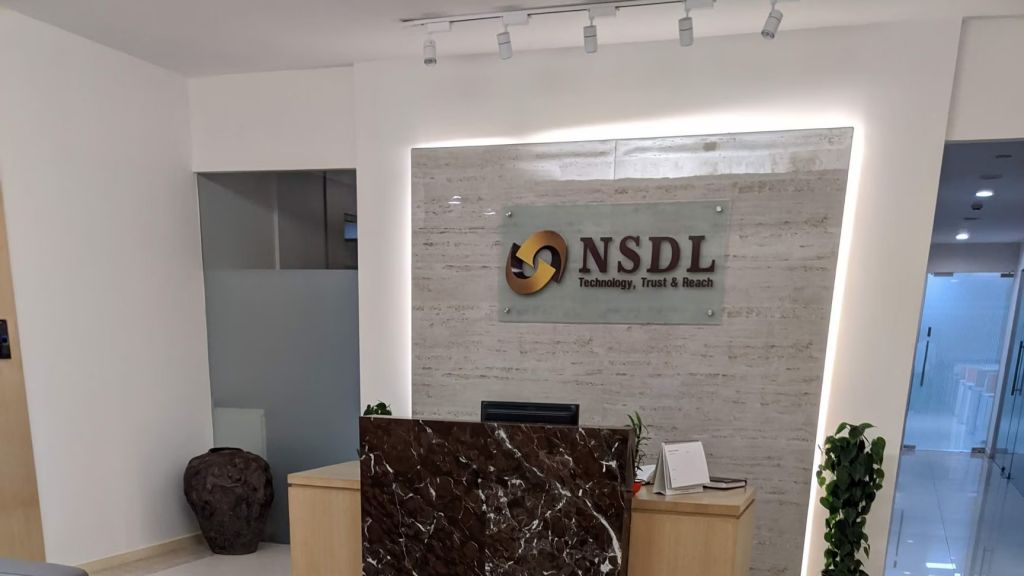
The National Securities Depository Limited (NSDL), which manages the majority of the securities held and settled in dematerialised form in the Indian capital market, has received approval from the Securities and Exchange Board of India (SEBI) for its initial public offering (IPO).
The capital markets regulator received the preliminary papers from the National Securities Depository Ltd. (NSDL) on July 7, 2023. Nonetheless, the proposed initial share sale of the securities depository was placed on hold by SEBI (Securities And Exchange Board of India) in August 2023.
The Securities and Exchange Board of India (SEBI) has approved the initial public offering (IPO) of National Securities Depository Limited (NSDL), which is set to raise ₹3,000 crore through an offer for sale (OFS) of approximately 57.26 million shares. Key stakeholders including…
— Hindustan Taxes (@Hindustantaxes) October 8, 2024
Formation of NSDL
According to the company's website, the Depositories Act, which was passed in August of 1996, made it possible for NSDL to be established. A depository is a facilitator for holding of securities in the dematerialised form and an enabler for securities transactions.
Peers in listed space
Central Depository Services, NSDL's competitor, is already listed on the stock exchanges. 1999 saw the founding of CDSL. In India, it is the biggest depository in terms of the quantity of opened demat accounts.
According to reports, CDSL opened 60 million active demat accounts in February, making it the first depository in India to do so.

CDSL’s shares were trading with negative movement at 1,350.95 per share on the National Stock Exchange, shedding about 17.20 points amounting to 1.25 per cent.
CDSL Q1 FY25
In comparison to the Rs 73.57 crore profit reported in the same quarter of the previous year, the profit increased to Rs 134.20 crore in the most recent quarter. From Rs 149.68 crore in the same quarter last year to Rs 257.38 crore in Q1, revenue increased by 72 per cent.
About company
The majority of the securities held and settled in dematerialized form in the Indian capital market are handled by NSDL, which was founded in August 1996 and has since established itself as a cutting-edge infrastructure.
Even though India has a thriving capital market that has existed for more than a century, the paper-based trade settlement system led to significant issues like poor delivery and delayed title transfers, among other issues.